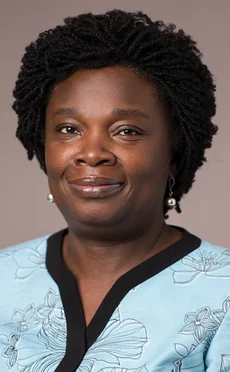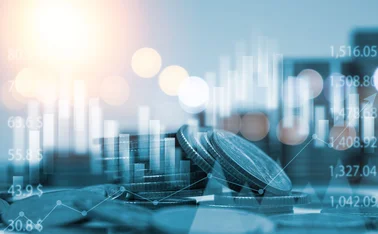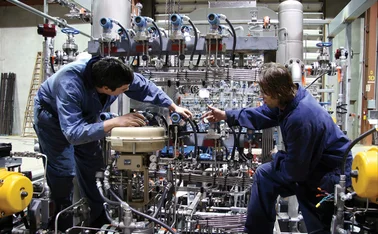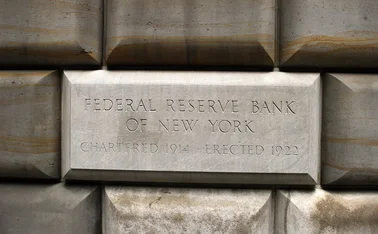
Never let a good crisis go to waste


The Covid-19 pandemic has interrupted billions of lives and threatened years of development gains, with the poor and vulnerable being most affected. It has also served as a reminder to strengthen the resilience of economies and societies. The pandemic has not stopped greenhouse gas concentration in the atmosphere remaining at record levels and continuing to increase – the world is set for its warmest five years on record. The threat of climate change is forcing people to evacuate their homes and grapple with food insecurity, as well as the impacts of deforestation and biodiversity loss, health and economic impacts. Without urgent action, climate change could push an additional 100 million people into poverty by 2030. As Winston Churchill said of the formation at the UN after World War II: “Never let a good crisis go to waste” – this crisis calls for a similarly urgent and exceptional response.
Nations now have a once-in-a-generation chance to set themselves on a green, inclusive and resilient development path. Making the right investments now can gain long-term rewards. Seizing this opportunity is at the heart of the World Bank Group’s (WBG’s) approach to supporting countries as they deal with the unprecedented impact of this crisis. In the short term we are responding to the health threat and providing immediate economic relief. We are also taking advantage of new opportunities to support countries and build a more sustainable, inclusive and resilient future in a world transformed by the pandemic. Supporting a green recovery includes building a climate-proof green infrastructure, investing in healthy ecosystems to reduce exotic diseases, supporting reforms to fuel subsidies, carbon pricing to rebuild fiscal space, and accelerating the transition to a digital economy.
Green recovery financing

The WBG is also developing a methodological framework called Rise (resilient, inclusive, sustainable and efficient) as a potential organising framework for promoting a green and resilient recovery. Rise will allow countries to identify opportunities to improving the quality of nations’ Covid-19 recovery packages using a range of global datasets. The WBG looks forward to sharing this exciting framework and tools with its clients, countries and partners.
For example, in Malawi, the WBG is financing a watershed services improvement project to support the government’s efforts to restore landscapes and improve water security and agricultural productivity. The project is expected to restore 95,000 hectares of degraded landscapes. In addition to investment lending, the WBG is also using development policy to support policy reforms. In Tunisia, the WBG is working to help integrate climate responsibility into reforms of social safety nets, collecting and harmonising climate vulnerability information, promoting resilience and adaptation to climate change, and facilitating renewable energy generation.
Scaling up financing for a green recovery cannot rely on public financing alone. In addition to direct financing, the WBG is also mobilising private investment and helping to open new low-carbon markets. In Bangladesh, a private investment and digital entrepreneurship project is promoting job creation, private investment and environmental sustainability in economic zones and technology paths. It will work with the Bangladesh Economic Zones Authority to demonstrate how non-traditional climate sectors can support long-term climate needs and complement national climate action.
In China, the WBG is preparing a project to set up a strategic green investment fund to mobilise private capital from both domestic and foreign investors for a green recovery. It will direct investment flows to sectors such as renewable energy, e-mobility solutions and improved waste management. Covid-19 in China has been largely brought under control, and attention is now turning to medium-term development priorities under the 14th Five Year Plan (2021–25) for National Economic and Social Development and the Long-Range Objectives Through the Year 2035. This is an excellent opportunity to consider the benefits of a green recovery. China is already taking steps to address the adverse and environmental effects of its past rapid growth, and President Xi Jinping’s announcement to achieve carbon neutrality by 2060 has been welcomed.
The relationship between the WBG and China started 40 years ago, and the WBG is proud to have supported China’s achievements. Today, the WBG is adapting its partnership to focus increasingly on global ‘public goods’ and the greening of China’s economy. This includes reducing marine plastic pollution, strengthening food systems’ performance to improve food security and safety, protecting natural habitats and ecosystems, and supporting measures to promote decarbonisation and a low-carbon economy.
The pandemic has exposed the vulnerability and inequality of our societies. The world now has an important opportunity to establish policies to support a recovery that is not only economically strong, but more sustainable and resilient. China could lead by example in expanding green and resilient development during the post-pandemic recovery phase. The WBG stands ready to build on our 40 years of partnership to contribute to
such leadership.
Only users who have a paid subscription or are part of a corporate subscription are able to print or copy content.
To access these options, along with all other subscription benefits, please contact info@centralbanking.com or view our subscription options here: subscriptions.centralbanking.com/subscribe
You are currently unable to print this content. Please contact info@centralbanking.com to find out more.
You are currently unable to copy this content. Please contact info@centralbanking.com to find out more.
Copyright Infopro Digital Limited. All rights reserved.
As outlined in our terms and conditions, https://www.infopro-digital.com/terms-and-conditions/subscriptions/ (point 2.4), printing is limited to a single copy.
If you would like to purchase additional rights please email info@centralbanking.com test test test
Copyright Infopro Digital Limited. All rights reserved.
You may share this content using our article tools. As outlined in our terms and conditions, https://www.infopro-digital.com/terms-and-conditions/subscriptions/ (clause 2.4), an Authorised User may only make one copy of the materials for their own personal use. You must also comply with the restrictions in clause 2.5.
If you would like to purchase additional rights please email info@centralbanking.com test test test







